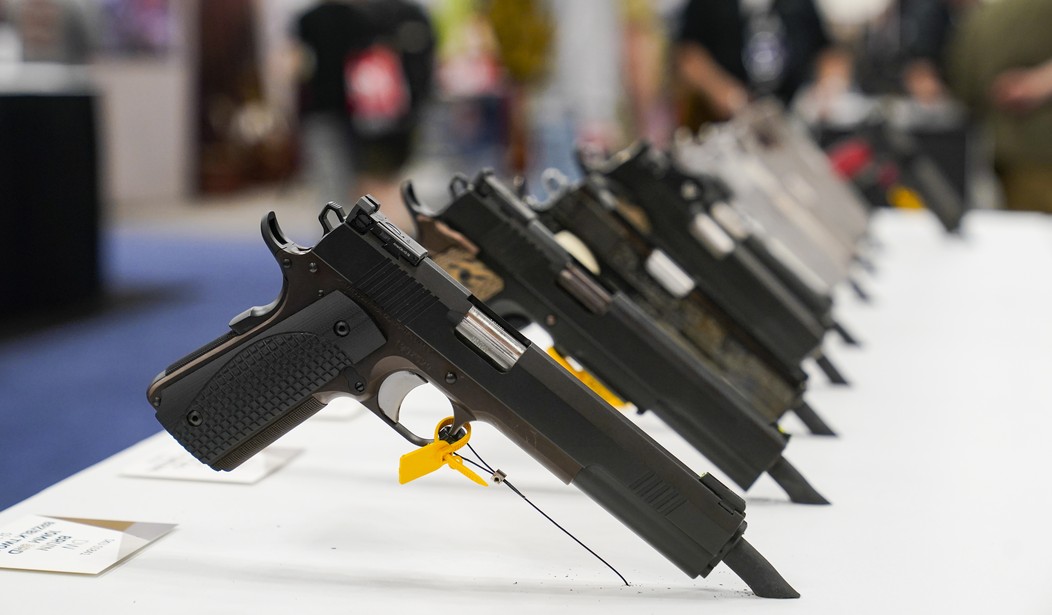The Trace isn’t interested in delving into the truth of things. They’re a blatantly anti-gun organization that pretends to just be about journalism looking at so-called gun violence and pushing gun control.
This isn’t really a fact they dispute all that much, either. We all know they’re anti-gun–they’re funding by Michael Bloomberg, after all–and they know it too.
So none of us should be surprised that in a recent and lengthy post, they contort reality more than a bit to sell their ideas to the public.
Sure, but we don’t just point to these three states by any stretch of the imagination.
We also point to Idaho, Utah, North Dakota, and Nebraska as well. All are relatively pro-gun states and all have very low homicide rates.
No, not gun homicide rates, but homicide rates as a whole. That’s because deciding one type of homicide is somehow a bigger issues than a murder carried out with a different weapon is insane. Plus, gun laws impact people’s ability to defend themselves, particularly against bad people armed with something other than a gun.
A number of states in the 10 with the lowest homicide rates are pro-gun to some level or another, which is something The Trace seems to be willfully ignoring.
Moving on…
Of course, absolutely no one pretends that any community is exempt from violent crime. So long as there are people willing to harm others to get what they want, you’ll have violent crime, including homicides.
But just like a single armed citizen story doesn’t automatically validate every claim people on this side of the debate make–that’s why we have people who report any and all such stories; because volume matters–these incidents don’t invalidate our claims, either.
Now, this is a perfectly reasonable question. If the numbers presented are accurate, why do we see these states stand out pointing out the opposite.
What follows is a very long attempt by The Trace to justify gun control regulations.
Part of that stems from the question itself–the use of “gun deaths” instead of homicides–and thus seemingly justifies the conflating of murders and suicides as somehow one and the same. They’re most definitely not and that’s there things fall apart.
See, a number of studies are cited by The Trace, but few have ever tried to look at underlying causes for higher suicide rates or even higher homicide rates. They simply look at gun control as a good thing and set about proving it. We’ve seen how this works all too well. They’re not looking for the truth, but for justification.
That’s a big problem.
Yet the issue with the term “gun deaths” is that it forces the debate to be about guns rather than anything else. For The Trace, that’s a feature, not a bug, but we have to remember that homicide rates can be sky high in plenty of other countries that have strict gun control laws. Suicide rates as well.
For example, Japan has a suicide rate very similar to that of the United States, but has incredibly strict gun control laws. In fact, much of Europe has similar or even higher suicide rates than we do, all while maintaining strict gun control policies.
What these studies never seem to do is account for literally anything else that might motivate someone to take a life, either their own or someone else’s. Education, economics, cultural support for individuals, nothing every seems to be accounted for.
So while The Trace will use garbage studies to continue to push their gun control agenda, they’re not really answering the questions as it was probably intended. Basically, does gun control work to stop “gun deaths?”
The short answer is that no, it really doesn’t, unless to cherry-pick your data.








Join the conversation as a VIP Member